- NETWORK TECHNOLOGY
-
Network technology is the technology used to exchange data between computers and other digital devices. It enables multiple devices to be connected and communicate with each other, providing various functions such as data and resource sharing, information exchange, and remote access.
Network technology can be divided into wired and wireless networks. Wired networks use cables to connect devices, and are commonly used in LANs (Local Area Network). Wireless networks use wireless technology to connect devices, commonly using Wi-Fi or Bluetooth.
Additionally, network technology is composed of various protocols and services. TCP/IP, HTTP, FTP, and others are typical protocols, and they enable data transmission and web services. VPN (Virtual Private Network) and firewall provide security functions, while DNS (Domain Name System) performs domain name and IP address conversions.

L2-3 PERFORMANCE TEST
- OVERVIEW of L2-3 PERFORMANCE TEST
-
The L2-3 exam is one of the certification exams in the field of network engineering. This exam is one of the most commonly required certification exams in many companies, and it is very useful for network engineers to prove their abilities through the exam after accumulating experience in the field.
The L2-3 exam mainly measures the understanding of topics such as network protocols, routing, switching, and others. The exam has a similar format to various certification exams, such as CCNA (Cisco Certified Network Associate) and JNCIA (Juniper Networks Certified Internet Associate).
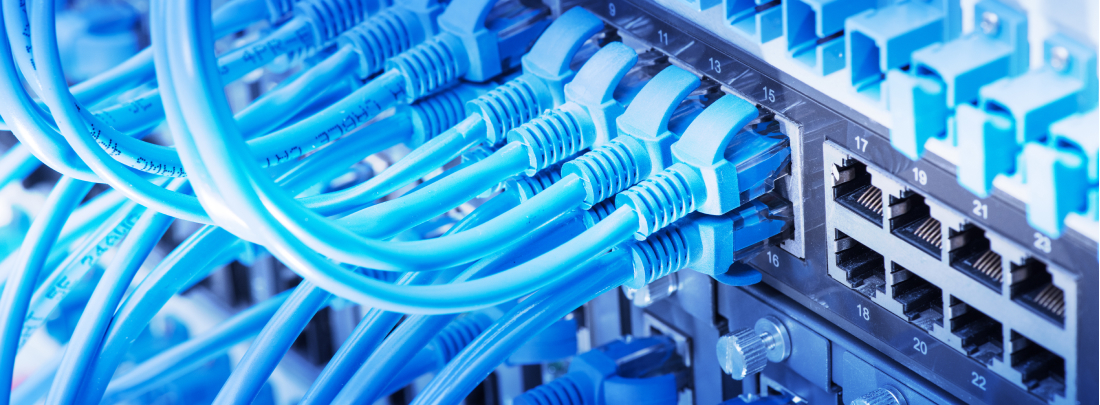
- RFC-2544
-
RFC 2544 testing defines a specific set of tests that can be used by operators to measure and report on the performance characteristics of network devices and services. These tests measure throughput, latency, frame loss rate, and burst frames. Using the TEST methodology, a variety of tests can be performed including testing different frame sizes, test times for each TEST iteration, and frame formats such as UDP-over-IP.

- RFC-2889
-
RFC-2889 is a document from the Internet Engineering Task Force (IETF) that provides recommended methods for testing the performance of LAN switching devices. This document, titled 'Benchmarking Methodology for LAN Switching Devices,' provides a series of standardized test cases used to evaluate the performance of switches. These tests measure aspects such as network bandwidth, latency, retransmission rates, and other performance metrics to compare and analyze switch performance. Therefore, RFC-2889 testing is used to evaluate and compare the performance of LAN switching devices.
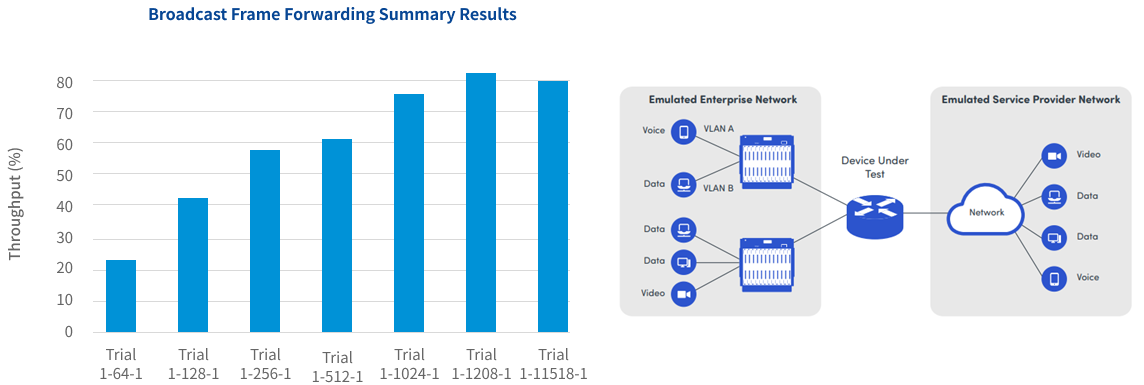
- SPIRENT L2-3 시험 솔루션
-
-
 SPIRENT C1 Appliance
SPIRENT C1 AppliancePortable equipment to support switch and application performance testing
-
 SPIRENT SPT-N4U Appliance
SPIRENT SPT-N4U Appliance100/50/40/25/10/1GbE multi-speed performance ports
traffic generation and analytics
-
 SPIRENT SPT-N4U Chassis
SPIRENT SPT-N4U Chassis1GbE, 10GbE, 40GbE, 100GbE test module support.
Max 2 module support
-
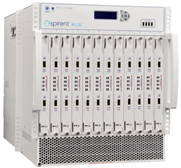 SPIRENT SPT-N12U Chassis
SPIRENT SPT-N12U Chassis1GbE, 10GbE, 40GbE, 100GbE test module support.
Max 12 module support
-
L4-7 PERFORMANCE TEST
- OVERVIEW of L4-7 PERFORMANCE TEST
-

-
L4-7 testing is a network testing that includes testing from the fourth layer (transport layer) to the seventh layer (application layer) of the OSI model. This test is used to evaluate network performance and stability, application performance and security.
L4-7 testing includes various protocols and services, and has the following characteristics:
-
 Protocol testing
Protocol testingL4-7 testing tests various protocols. For example, it can include protocols such as HTTP, HTTPS, FTP, SMTP, POP3, IMAP, DNS, SIP, etc.
-
 Load testing
Load testingL4-7 testing is used to evaluate the performance and load handling capabilities of servers. This simulates the load to determine how much traffic the server can handle.
-
 Performance testing
Performance testingL4-7 testing evaluates the performance of services, such as response time, processing capacity, bandwidth, etc.
-
 Security testing
Security testingL4-7 testing evaluates network security, for example, testing DDoS attacks, web application vulnerabilities, etc.
-
L4-7 testing is used in network engineering and security and is provided by various industry certification organizations. Through these certification tests, network engineers or security experts can demonstrate their skills and abilities.
- L4-7 PERFORMANCE TEST(Http,Https)
-
L4-L7 performance testing refers to measuring performance at every layer from the application layer (L7) down to the transport layer (L4) in a network. These tests are conducted to measure and optimize the performance and stability of applications and network devices. Such tests are typically used in large-scale networks and data centers, and are particularly important in environments running high-performance applications. These tests are conducted using various test cases at the L4 and L7 layers, which can measure aspects such as TCP/UDP throughput, connection setup and teardown times, HTTP response times, and bandwidth.
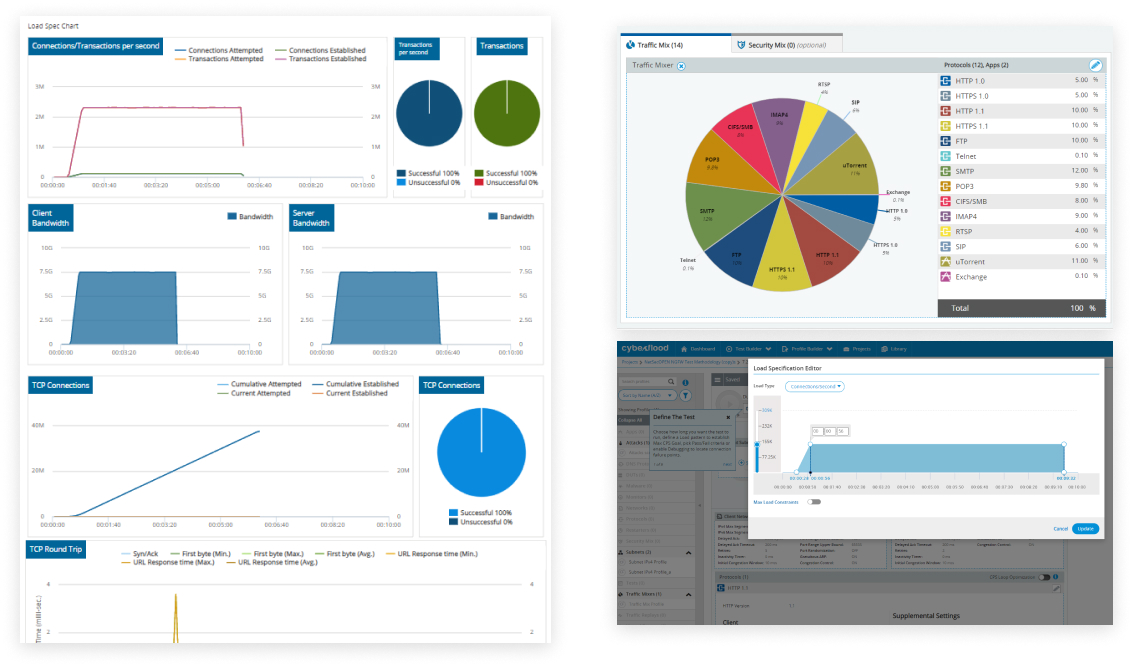
- SECURITY TEST(Attack, Malware..)
-
L4-L7 security testing refers to testing the security vulnerabilities at all layers from the application layer (L7) to the transport layer (L4) in a network. This type of testing is performed to identify and resolve security vulnerabilities in the network, typically at the server-side such as web servers, database servers, and application servers.
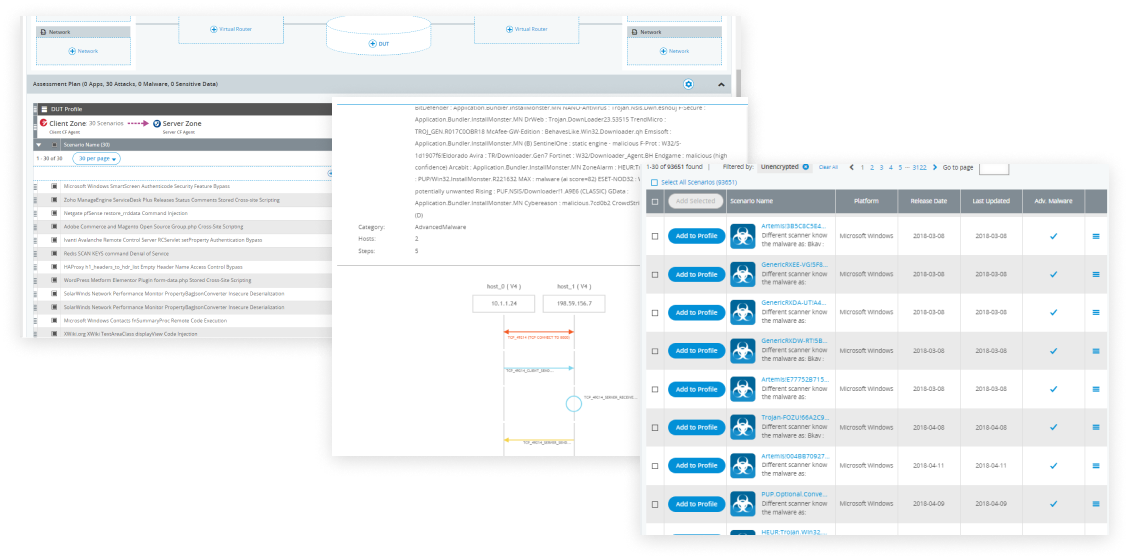
- L4-7보안성능테스트 솔루션
-
-
 SPIRENT CF400 Appliance
SPIRENT CF400 AppliancePowerful encryption and realistic application traffic very high throughput support
Max 400Gbps or more application throughput
-
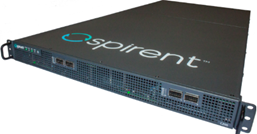 SPIRENT C200 Appliance
SPIRENT C200 Appliance100/50/40/25/10/1GbE multi-speed performance ports
Compatible with both CyberFlood and Avalanche test solutions
Application performance and security testing support
Download and use the latest applications, attacks, and malware content using TestCloud.
-
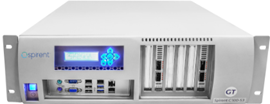 SPIRENT C100-S3-MP Appliance
SPIRENT C100-S3-MP Appliance100/50/40/25/10/1GbE multi-speed performance ports
Multiple traffic generation and quality of service (Qos) and quality of experience (QoE)
Compatible with both CyberFlood and Avalanche test solutions
-
 SPIRENT CF30 Appliance
SPIRENT CF30 Appliance1GbE, 10GbE ports support
Performance and security test support
Download and use the latest applications, attacks, and malware content using TestCloud.
-
Learn more for the test solution
-
Autonomous Driving
 To make future vehicles a reality. We make our own test products for accurate testing for accident-free autonomous driving technology.
learn more
To make future vehicles a reality. We make our own test products for accurate testing for accident-free autonomous driving technology.
learn more
-
Eco-friendliness (EV,HEV, PHEV,FCEV)
 Eco-driving technology which is environment-friendly, we complement our own technology for more accurate testing to provide competitive products.
learn more
Eco-driving technology which is environment-friendly, we complement our own technology for more accurate testing to provide competitive products.
learn more
-
Ethernet for cars
 With automotive based Ethernet technology we are making specialized test products to increase the speed and stability of in-vehicle data communication.
learn more
With automotive based Ethernet technology we are making specialized test products to increase the speed and stability of in-vehicle data communication.
learn more
-
HIL TESTING SYSTEMS
 In order to calculate fast and accurate evaluation data based on the best HIL TESTING SYSTEMS solution, TechWays studies and develops various HIL products such as S/W, H/W based on advanced technology.
learn more
In order to calculate fast and accurate evaluation data based on the best HIL TESTING SYSTEMS solution, TechWays studies and develops various HIL products such as S/W, H/W based on advanced technology.
learn more
-
Electrical Units
 We study and develop an optimal solution that allows you to more accurately measure the electric units and communication parts of your vehicle.
learn more
We study and develop an optimal solution that allows you to more accurately measure the electric units and communication parts of your vehicle.
learn more
-
Virtual driving environment simulation
 In consideration of the various driving environments of the car, we are developing a professional solution that helps to conduct more accurate test through virtual simulation such as surrounding objects and road conditions.
learn more
In consideration of the various driving environments of the car, we are developing a professional solution that helps to conduct more accurate test through virtual simulation such as surrounding objects and road conditions.
learn more
-
AP TEST SOLTUION (Wi-Fi)
 We provide AP Performance Test solution including TR-398 and AP Functional Test solution such as Roaming test, Mesh test and so on for Wi-Fi Router.
learn more
We provide AP Performance Test solution including TR-398 and AP Functional Test solution such as Roaming test, Mesh test and so on for Wi-Fi Router.
learn more

